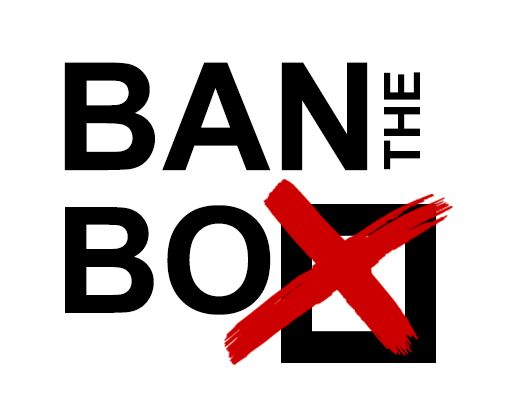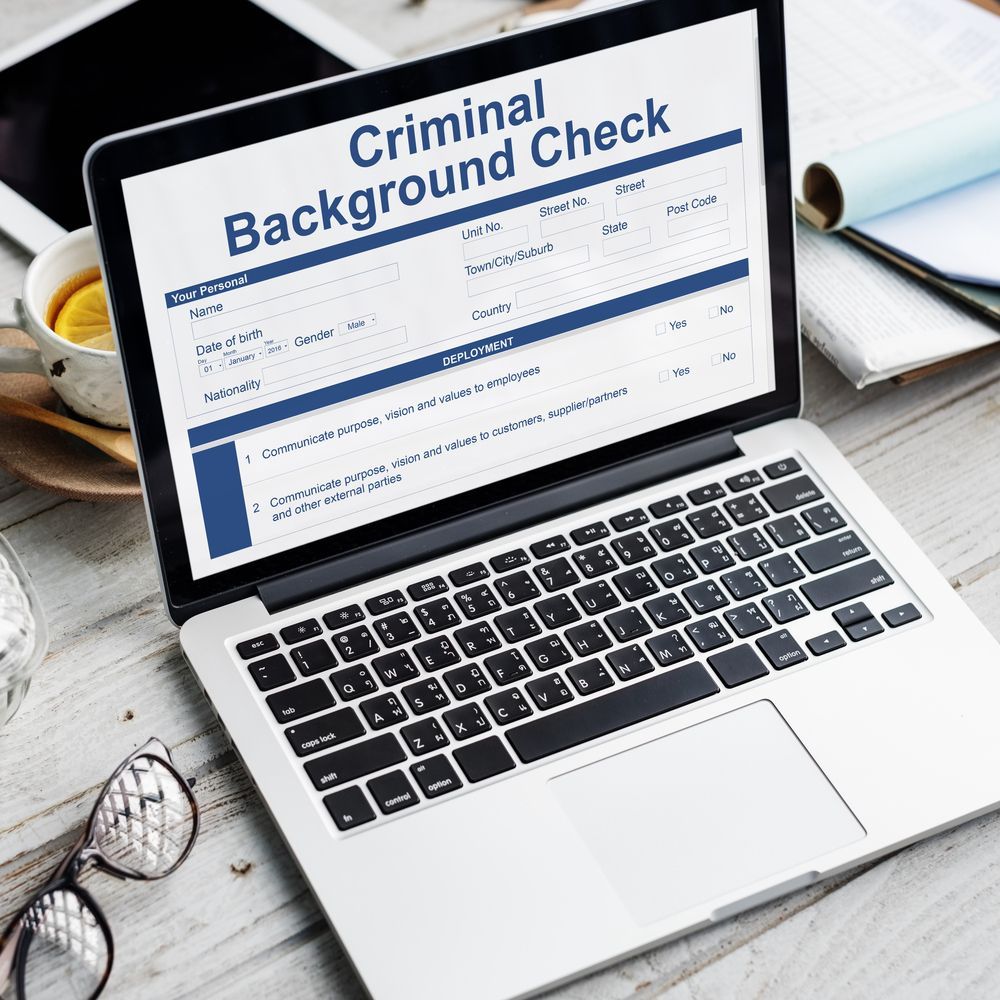What are Ban-the-Box Laws?
30 January 2024
Share this article:
Key Takeaways
- Ban-the-box is a nationwide movement to restrict employers from asking applicants about criminal records early in the hiring process.
- Many states and municipalities have enacted ban-the-box laws. Furthermore, some have passed related laws that restrict when a criminal background check may be ordered and how criminal records may be used in a hiring decision.
- There is limited consistency between jurisdictions in these laws. Employers must understand and comply with the laws everywhere that they hire. A knowledgeable CRA with nationwide scope can help employers conduct effective background checks while complying with all ban-the-box laws.

What are Ban-the-Box laws?
Over 70 million Americans have criminal records that make it hard for them to gain employment. There’s a growing recognition that limiting job opportunities for these people is harmful not only to them but also to society as a whole. Former offenders who are unemployed create a strain on social services, and they are more likely to break the law once more.
In recognition of this, many states and municipalities have enacted ban the box laws. These are so named because of the check box that has often appeared on application forms asking whether the candidate has a criminal record. All ban-the-box laws outlaw this question on an application and in initial interviews. Many of the laws prohibit an employer from ordering a criminal background check before the employer has made a tentative job offer. They also may restrict whether the employer can rescind the offer based on what it discovered in the background search.
Ban-the-Box States
The first ban-the-box law was put in place in Hawaii in 1998. Now, at least 36 states plus a number of counties and cities have enacted some level of ban-the-box legislation. These regulations vary as to which employers they affect and how restrictive they are.
Some cover only public employers, but many cover private employers as well. Many laws that cover private employers exempt those with only a handful of employees.
Some are very specific about how employers may order criminal background checks. Many jurisdictions require an employer to evaluate the candidate and make a tentative hiring decision before checking for criminal history. In these locales, employers may not check for criminal background before making a conditional job offer. In some jurisdictions, employers may rescind the job offer only if the specific offense affects the specific job in question. They must advise the candidate of their decision in writing and give the candidate an opportunity to rebut.
There is also a federal Fair Chance to Compete for Jobs Act, effective since December, 2021. It prohibits federal agencies and contractors from investigating criminal background before making a conditional job offer.
How Ban-the-Box Affects Your Hiring Process
The first step is to understand whether you are hiring in any ban-the-box jurisdiction. You have to be aware of both state and local laws and whether they apply to you as an employer or to the employees you’re hiring. In some jurisdictions, not all employees are covered, and sometimes laws apply only to companies with some minimum number of employees. For example, companies with fewer than 10 employees might be exempted.
If you are subject to any ban-the-box laws, ensure that your hiring procedures are updated to comply. It’s good to provide training for everyone involved in the process. If you decide to take an adverse action and refuse to hire a candidate with a criminal past, make sure you understand the process you must follow. You may have to make an individual assessment of the situation. You may have to provide the applicant with specific documents regarding your evaluation and the candidate’s rights.
Your hiring procedure should be documented in writing, and all the relevant people need to understand and follow it.
What Does Ban-the-Box Mean for Employers?
There is a trend toward greater regulation around what an employer may and may not do in investigating and using criminal records. Most employers want to follow the law, provide all applicants with a fair chance and have access to the pool of good candidates who have a criminal indiscretion in their past. At the same time, they don’t want to hire people who create risk to current employees, the company’s assets or the company’s reputation.
With ban-the-box law constantly evolving, companies have a need to keep abreast of all the changes. They still need to vet candidates and exclude those who do indeed create a risk. Partnership with a knowledgeable CRA is more important than ever. They need CRAs who keep up with the latest regulations and have the expertise to conduct searches that are thorough and effective and that comply with every ban-the-box law.
What Does Ban-the-Box Mean for CRAs?
Ban-the-box laws address applications, interviews and the use of criminal records in hiring decisions. CRAs don’t directly do any of these things, but that doesn’t mean they can’t support their employer clients.
First, they should keep abreast of all ban-the-box laws and advise employers on when they can order background searches. Furthermore, they should avoid returning reports to employers containing information that the employers aren’t allowed to use. For example, some states don’t allow employers to rescind a job offer based on an arrest that didn’t result in a conviction. In addition, there are jurisdictions that don’t allow employers to consider an offense that occurred more than seven years (or some other number of years) in the past. CRAs have the opportunity to be a valuable asset in helping employees comply with the ban-the-box laws.
Bottom Line
Ban the box law limits when employers can ask candidates about criminal history and limits what they can do with the information when they do discover it. Most states and many municipalities have at least some ban-the-box restrictions. All these laws forbid asking about a criminal record on an application form. Many require a conditional job offer to precede a background check and limit how criminal history can be used to rescind a conditional offer.
The trend toward more restrictions and the mishmash of state and local laws makes it a challenge for employers and CRAs to conduct effective searches while complying with the laws. It is increasingly important for CRAs to partner with an experienced wholesaler such as Eagle Eye Screening Services. We have the nationwide scope to keep abreast of the latest laws and provide
effective searches in a complex environment.
Connect with Us:




